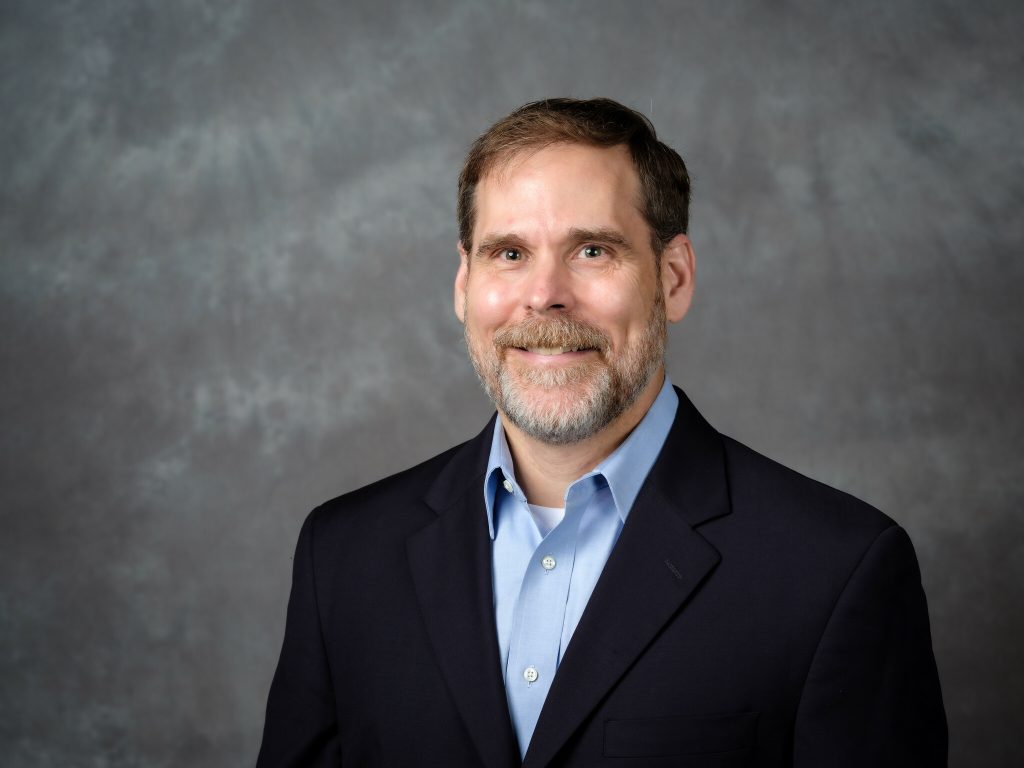Scott Schang named interim executive director of Sabin Center for Environment and Sustainability

Wake Forest has appointed Scott Schang as the interim executive director of the Andrew Sabin Family Center for Environment and Sustainability, effective July 1, 2025. He succeeds Dr. Stan Meiburg, who is retiring after distinguished service as the Center’s first executive director.
A professor of practice at the School of Law, Schang brings deep expertise in environmental law and governance. He currently directs Wake Forest’s Environmental Law and Policy Clinic, where he has developed a robust model for experiential legal education with a strong emphasis on justice and community partnership.
“Scott is an exceptional choice for interim executive director of the Sabin Center,” said Dr. Kimberley McAllister, vice provost for research, scholarly inquiry, and creative activity. “His groundbreaking scholarship brings Pro Humanitate to life, backed by his unwavering dedication to the Center’s mission and Wake Forest University’s values. Scott’s pivotal leadership in the Strategic Framework academic visioning process revealed his exceptional ability to champion excellence in teaching, research, and transformative community partnerships that create real-world change.”
Schang’s leadership of the Heirs’ Property Project, a collaborative effort engaging law students and undergraduate and graduate students from across the University to support land rights and environmental justice in underserved communities, has garnered significant attention across North Carolina and beyond. His ability to effectively bring together students, faculty, funders, and frontline organizations exemplifies the Sabin Center’s mission: to use the power of the whole university to catalyze innovative, cross-sector solutions to the world’s most pressing environmental and social challenges.
With decades of experience in nonprofit, corporate, and academic settings, including leadership roles at the Environmental Law Institute and advisory work with international organizations, Schang is well-positioned to steward the Center’s ambitious interdisciplinary, cross-school agenda. He will lead efforts to strengthen partnerships, support high-impact faculty collaborations, and advance the Center’s vision of a sustainable, just, and abundantly wild world.
“Wake Forest is uniquely positioned to lead on the environmental challenges that matter most, not just because of our academic strengths, but because of our values,” said Schang. “I’m honored to build on Stan Meiburg’s extraordinary leadership and to help deepen the Center’s impact across disciplines, communities, and generations.”
Founded in 2010 and named in 2023 thanks to a leadership gift from the Andrew Sabin Family Foundation, the Sabin Center serves as a convener and catalyst for environmental and sustainability work across Wake Forest’s campuses and with global partners. The Center’s work is a cornerstone of Wake Forest’s Strategic Framework, advancing the University’s goals of becoming a community of inquiry, a community of partnerships, and a community of lifelong learning. By connecting interdisciplinary research to real-world challenges, the Center exemplifies the kind of visionary, engaged scholarship that will define Wake Forest’s next century.
